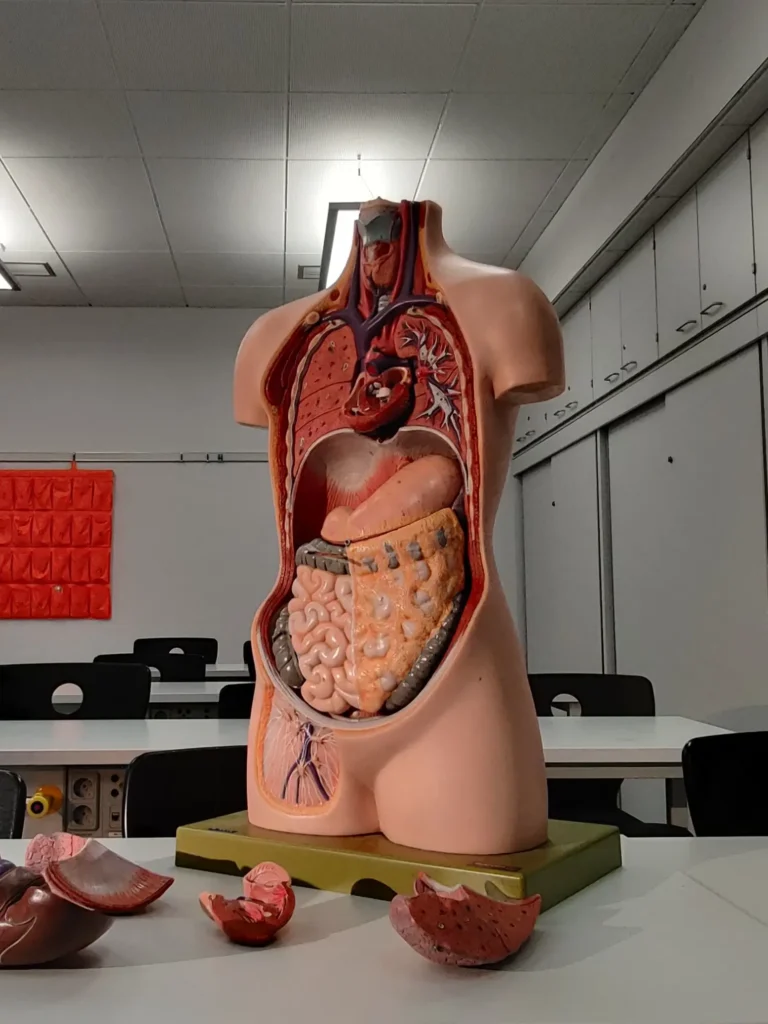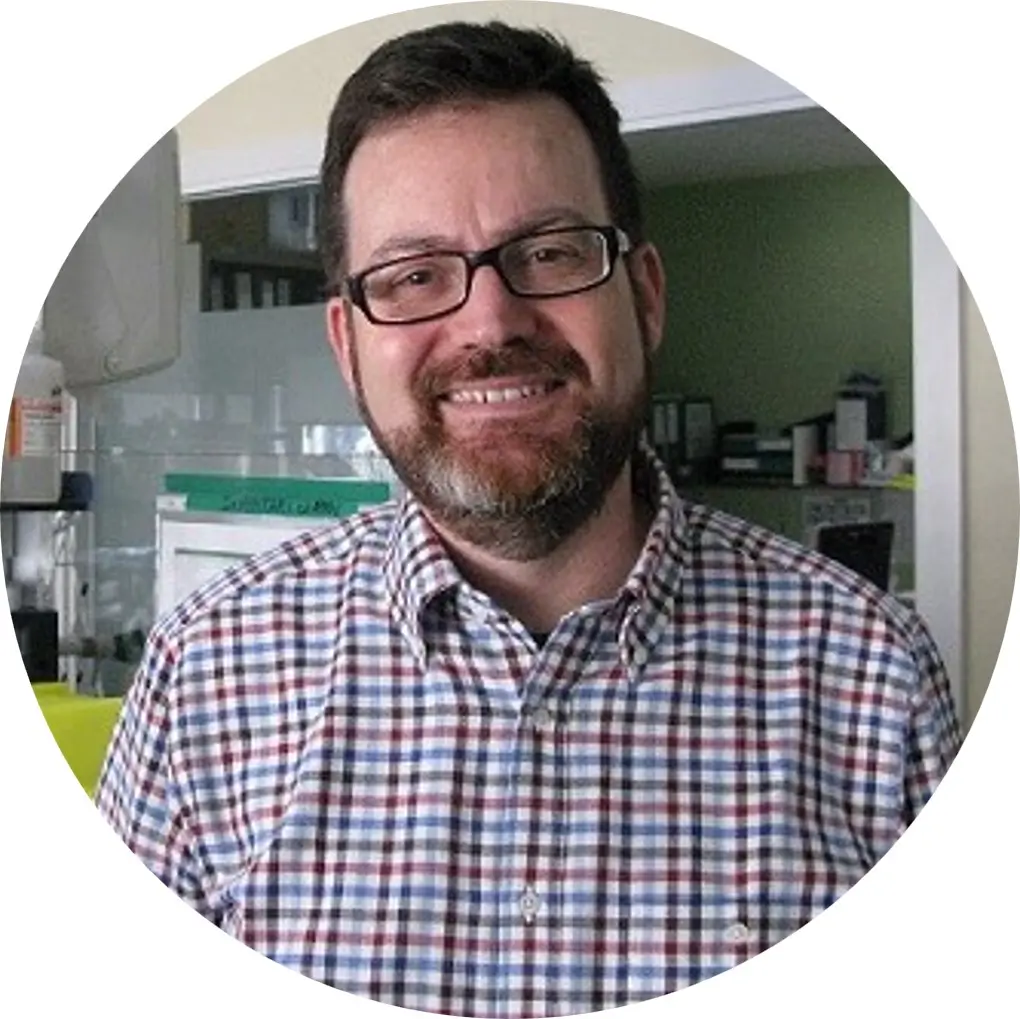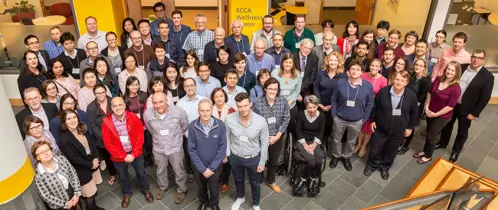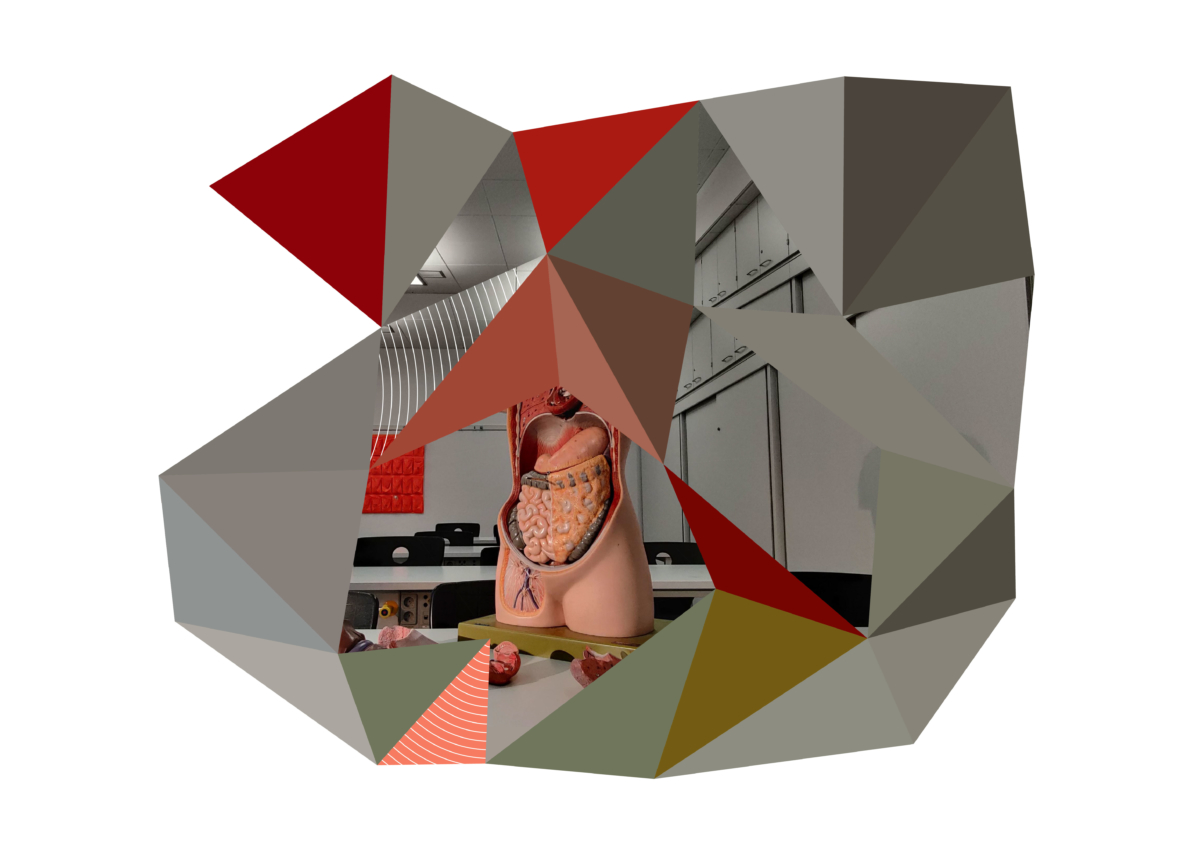Colorectal cancer (CRC) is a global health concern affecting millions of people worldwide and remains the second leading cause of cancer-related deaths. While it can affect anyone, it is most often found in people over the age of 50. The good news is that early detection and treatment can help combat this disease, making regular screening a crucial step. A healthy lifestyle, including a diet high in fibers along with regular exercise, can also help reduce the risk.
The following interview looks into the achievements of the COST Action TRANSCOLONCAN, a European network of researchers dedicated to advancing the fight against CRC. We are delighted to speak with the Chair of the Action, Dr Sergi Castellví-Bel, who will be sharing insights about the significant progress made in identifying novel biomarkers for CRC and the future of this exciting field of research.

What are the most interesting facts about colorectal cancer that the general public is not aware about?
Colorectal cancer is common but preventable, treatable, and beatable. Screening programs targeting middle-aged individuals have helped reduce its frequency. Incidence increases after age 50, but current treatments are more effective and survival rates are higher.
Is there an ideal diet or particular supplements which might help lower the risk of developing this cancer?
The pyramid of food is very important. To maintain a healthy diet, I recommend limiting red meat consumption, opting for fish instead, and reduce protein intake, preferring non-animal protein. Additionally, environmental risk factors such as smoking, excessive alcohol consumption, sedentary lifestyle, and obesity should be avoided.
How has the research conducted by TRANSCOLONCAN help improve the lives of people affected by CRC?
Some achievements are already benefiting patients, while others require more effort to be translated into clinical practice. One Working Group focused on improving CRC screening, and new knowledge will soon be applied to enhance its efficiency. Additionally, new hereditary genes associated with the disease have been identified, impacting affected families, and leading to improved molecular diagnostics in hospitals.

“There is no magic pill against cancer, but it’s likely to become ‘Chronified’ – a chronic condition that can be managed.”
Dr Sergi Castellví-Bel
How have the findings and achievements of the Action impacted the way CRC is diagnosed, treated, and managed?
TRANSCOLONCAN aimed at improving CRC screening, early detection, and monitoring by using liquid-biopsy approaches and better tumour profiling. The network also explored the use of CRISPR-Cas9 and immunotherapy to develop new treatments for the disease.
CRISPR-Cas9 is a gene-editing technology that scientists use to make very specific changes to the DNA of cells. This can be used to fix genetic problems or change how cells behave. Immunotherapy is a way to help the body's immune system fight cancer. This can be done by boosting the immune system or blocking signals that help cancer cells hide from it. Both of these methods have been used to help treat CRC. Scientists are studying these methods to find even better treatments for this disease
Could you please give some examples of how TRANSCOLONCAN‘s work has led to new, innovative solutions for CRC?
One Working Group created a risk model for CRC that uses genetic-, microbiome-, and environmental factors to predict the likelihood of developing the disease. This model is expected to improve current screening methods. Another Working Group verified the effectiveness of immunotherapies as a treatment for CRC and is currently working to introduce them as a new treatment option. Collaborative studies are being conducted to determine which patients will benefit from immunotherapy so that appropriate patient selection and sensitisation to immune checkpoint blockade can be implemented.
How has the Action research helped increase public awareness and understanding of CRC?
TRANSCOLONCAN invited patient organisations to join our network to engage with the final users of our research results. Patients are no longer just studied as objects but have become active contributors in research, including study design, communication improvement, and policy change. Patient associations from Spain, Italy, UK, Ireland, and Belgium were involved in our network.
Can you tell us about a particularly memorable or impactful moment from the TRANSCOLONCAN‘s work?

Over the past four years, we have accomplished several objectives, including both scientific achievements and involvement of COST Inclusiveness Target Countries (ITC), young, and women researchers, which I consider to be very important. For instance, the publication of the results of the genome-wide association studies from the EU and USA consortia was a significant milestone. Additionally, Milena Cavic, a young researcher from Serbia, received a Horizon Europe Twinning project STEPUPIORS, which was also a noteworthy achievement.
What has the network been up to after the end of the Action?
Participants were particularly interested in a couple of the Working Groups during the COST Action development. There was a growing interest in studying the microbiome, metabolomics, and non-invasive or liquid biopsies for CRC. The liquid biopsy field attracted many participants, which could lead to a future proposal for another COST Action, with international scientific societies already involved.
And what is your prediction for the future?
Cancer doesn’t have a simple solution. It’s likely to become a chronic condition that can be managed, but not necessarily cured.
Additional information
Throughout its four-year existence, the TRANSCOLONCAN COST Action has achieved numerous objectives which have helped improve the lives of individuals affected by colorectal cancer and advance the battle against this disease. Moreover, the network continues to thrive.
Notably, in November 2022, members of TRANSCOLONCAN participated in the launching of the MSCA Doctoral Network ColoMARK. ColoMARK has been awarded for 2.6M€ to foster a new generation of young researchers with outstanding multidisciplinary skills.

This Action video summarises achieved results and experiences based on interviews of selected participants during the final meeting in Barcelona.
